Optimal Timing for Rocks and Boulders
Rocks and boulders are natural formations that can be utilized in various landscaping, construction, and artistic applications. The optimal timing for working with rocks and boulders depends on environmental conditions, project requirements, and regional climate patterns. Proper timing ensures safety, efficiency, and the longevity of the installation or project involving these geological elements.
Spring and fall are ideal for installing rocks and boulders due to moderate temperatures and stable weather conditions.
Avoid work during heavy rain, snow, or extreme heat to prevent safety hazards and material issues.
Coordinate with regional climate patterns to select periods with minimal weather disruptions.
Timing work when soil is neither overly wet nor frozen facilitates easier placement and stability.

Spring offers optimal conditions for setting rocks due to thawed ground and moderate temperatures.

Winter presents difficulties with frozen ground and increased safety risks during handling.

Summer's heat can cause expansion and safety concerns, making early morning or late afternoon work preferable.

Ways to make Rocks And Boulderses work in tight or awkward layouts.

Popular materials for Rocks And Boulderses and why they hold up over time.

Simple add-ons that improve Rocks And Boulderses without blowing the budget.

High-end options that actually feel worth it for Rocks And Boulderses.

Finishes and colors that play nicely with Rocks And Boulderses.
| Season | Advantages |
|---|---|
| Spring | Moderate weather, soil thawed, good for installation |
| Summer | Long daylight hours, early morning or evening work recommended |
| Fall | Cool temperatures, stable weather, ideal for placement |
| Winter | Limited by frozen ground and weather risks |
Rocks and boulders are integral components in landscape design, erosion control, and artistic projects. Their durability and natural aesthetic appeal make them versatile materials. Proper timing in their placement enhances stability, reduces labor difficulties, and extends the lifespan of the installation. Regional climate patterns significantly influence the best periods for handling rocks and boulders, emphasizing the importance of planning around local weather conditions.
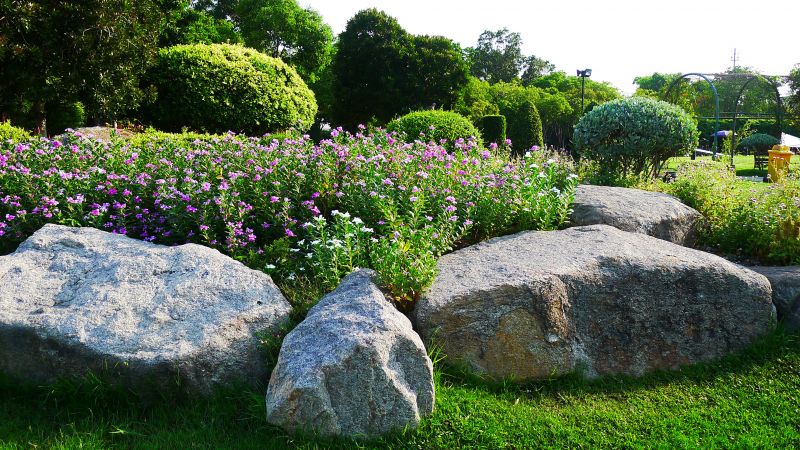
Autumn provides cool, dry conditions suitable for large-scale placement projects.
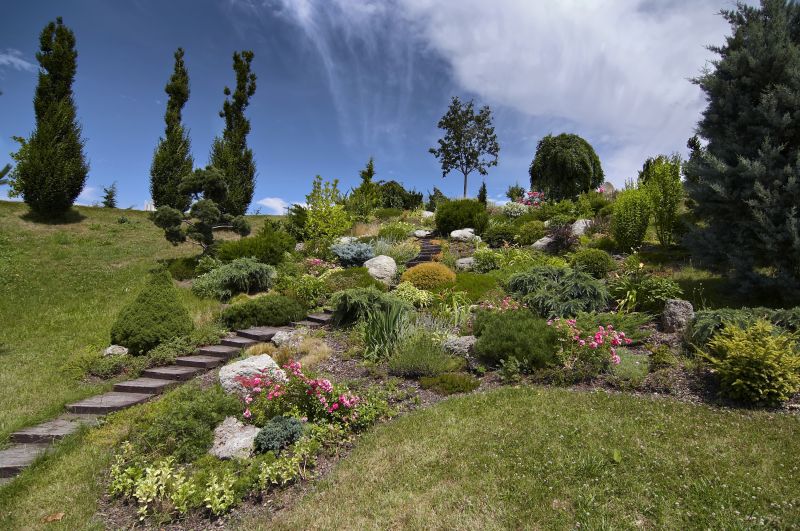
Spring is optimal for integrating rocks into landscape designs due to favorable weather.
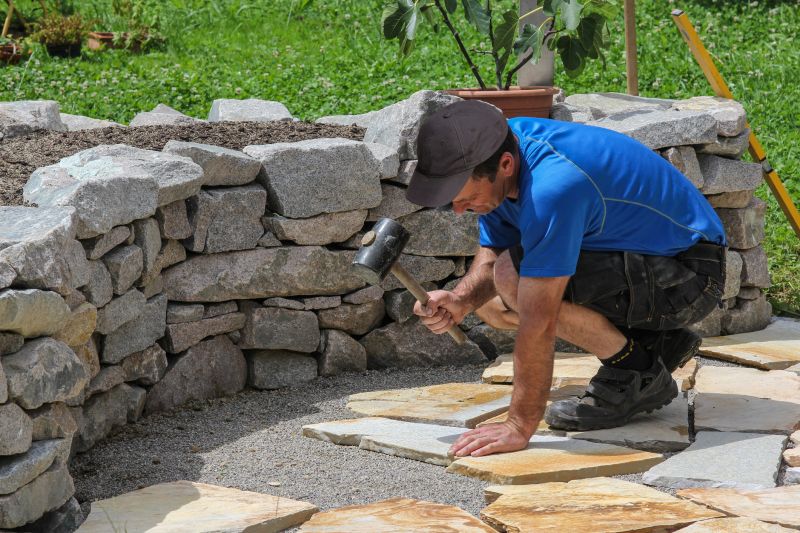
Early morning or late evening sessions help avoid heat-related challenges.
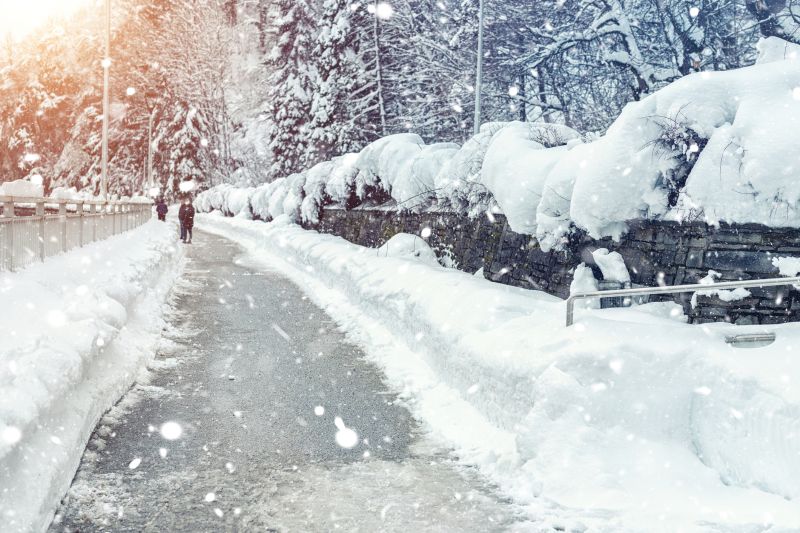
Limited to specific projects due to frozen ground and weather constraints.

Little measurements that prevent headaches on Rocks And Boulderses day.

A 60-second routine that keeps Rocks And Boulderses looking new.
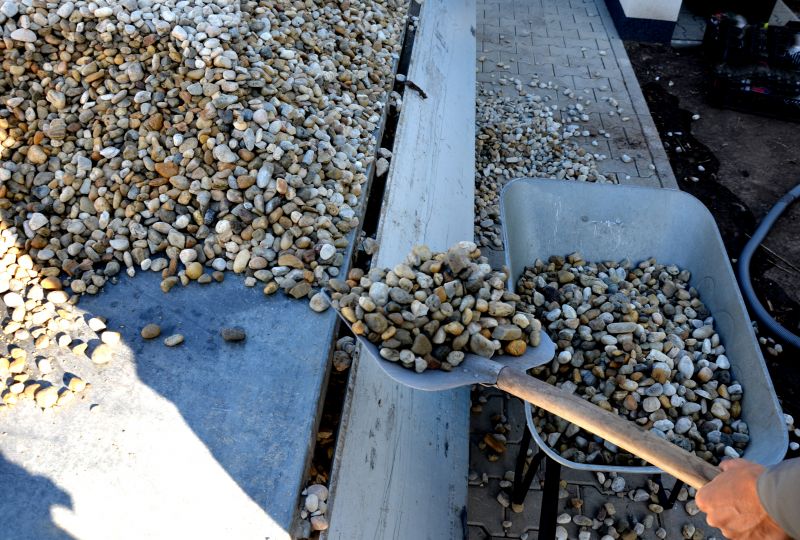
A frequent mistake in Rocks And Boulderses and how to dodge it.

Small tweaks to make Rocks And Boulderses safer and easier to use.
Interest in working with rocks and boulders can lead to durable and aesthetically pleasing results. Timing considerations are crucial to ensure the safety of personnel and the integrity of materials. Consulting regional weather patterns and planning around optimal seasons can facilitate successful project completion. For further guidance or inquiries, filling out the contact form is recommended.
